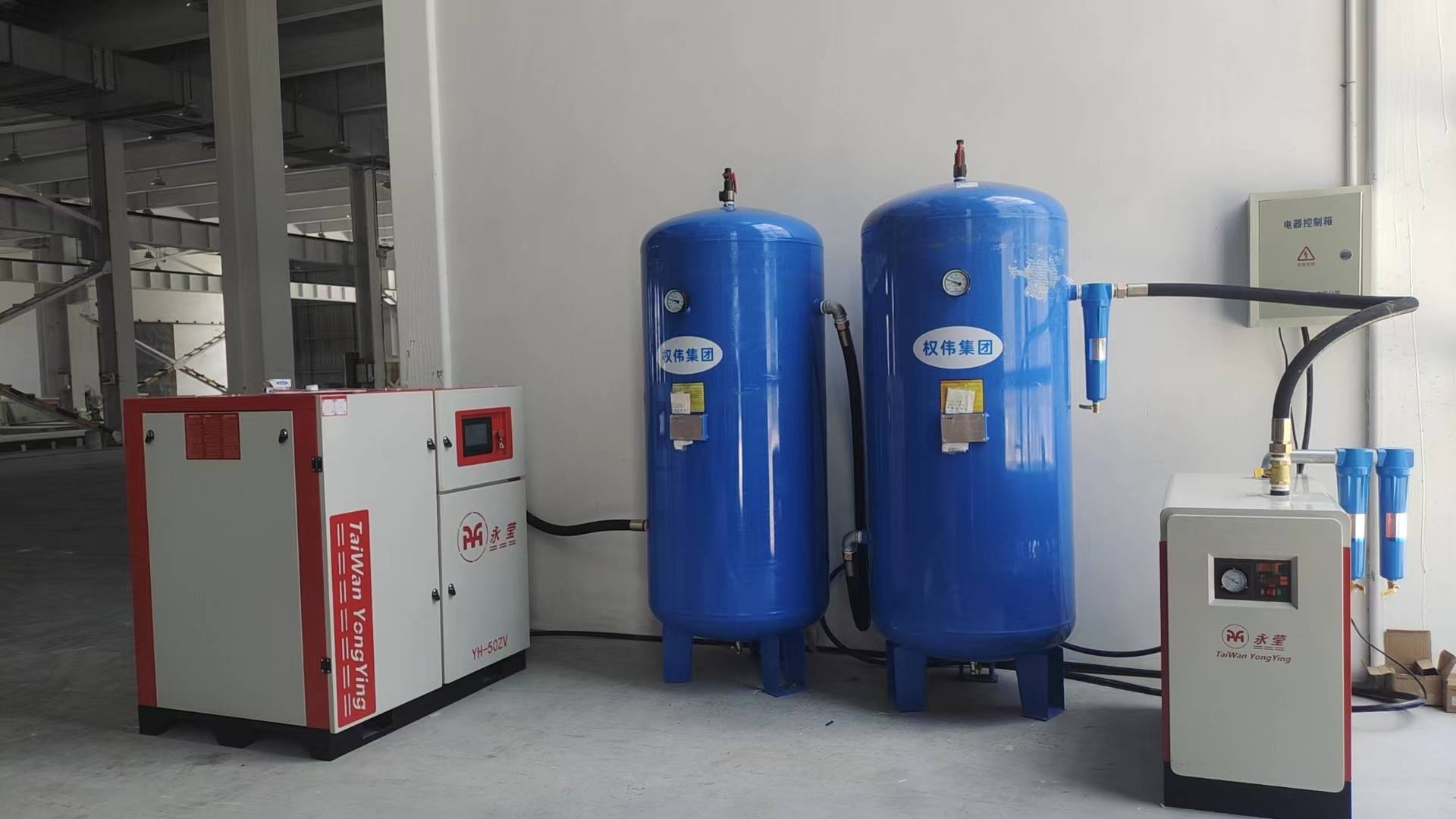Extra Noise: When a screw air compressor starts to wear out or develop problems, it will often make more noise than usual. These extra noises may include hissing, scraping, or other unusual sounds. These noises may be caused by wear on the screw, bearings or other critical components.

Increased vibration: As a screw air compressor wears, it may produce more vibration when operating. These vibrations may cause instability in the entire air compressor system and may also accelerate the wear of other components. If you notice that the vibrations in your air compressor increase or become more noticeable, that could be a sign that it's malfunctioning.
Temperature increase: When there is a problem with the screw air compressor, the temperature will usually increase. These temperature increases may be caused by increased pressure or component wear. Continuously rising temperatures can cause damage to the entire air compressor system, so it is crucial to detect and resolve the problem promptly.
Pressure drop: When there is a problem with the screw air compressor, it may not be able to provide normal air pressure. This pressure drop may be caused by worn seals, damaged screws, or other issues. If you find that your air machine is not providing proper air pressure, that may be a telltale sign.
Oil leaks: Screw air compressors often require lubricating oil to maintain normal operation. When there is a problem with the screw air compressor, it may cause oil leakage. These leaks may be caused by worn seals or other issues. Continuous oil leakage may cause the performance of the entire system to degrade, so it needs to be dealt with promptly,
Odor or odor: When there is a problem with the screw air compressor, an odor or smell may occur. These odors may be caused by insufficient oil lubrication, worn parts, or other reasons.